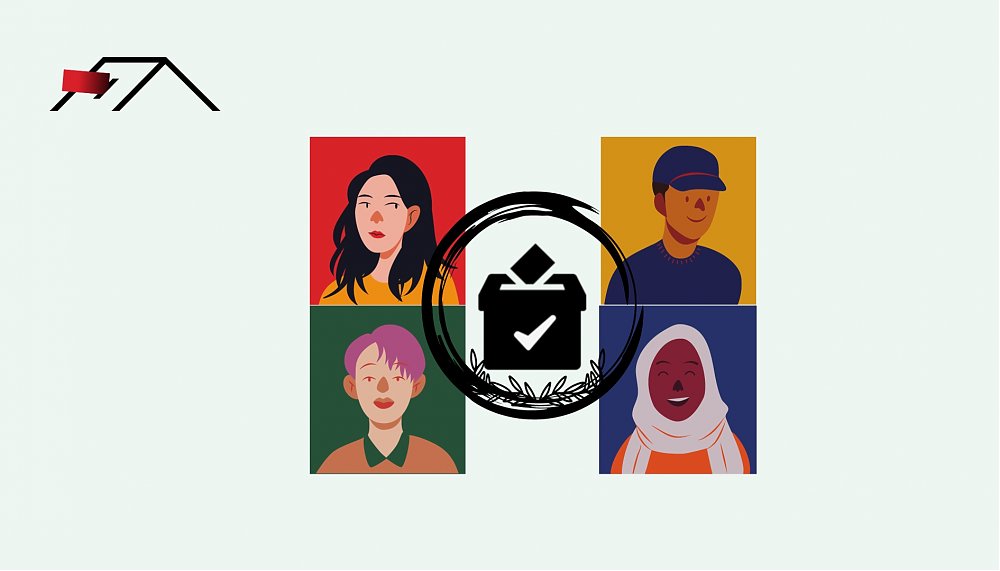In almost every election, there are strong aspirations from two citizen identity groups, namely, youth and women. From the perspective of the youth, there is political anxiety that this group is only being used as an object of votes by election participants who are dominated by older groups. For women, the goal of women's representation of at least 30% in parliament continues to involve hope and effort.
It is important for youth and women's groups to realize that they need each other. The synergy of the two can achieve a more representative government. Youth groups connected to women's groups will have more significant numbers. Synergy and political agendas must be linked to political parties, candidates, and electoral districts.
The political synergy of women and youth is an effort to unite two citizen identities in achieving national empowerment for the ideals of justice. Women and youth as identities can work together by realizing their similarities. Based on causality, it is very reasonable because both of them are in a marginal and discriminatory state. Based on quantity, this is very significant because women and youth constitute around 50% of the total population (BPS and KPU data 2023). In country politics, where the selection of rulers and evaluation is centered on elections, it is very important to convert the basis of quality and quantity, from mass to votes to seats of power, to give birth to fairer policies.
The intersectionality of the politics of hope
The women's group has the concept and experience of synergizing various groups. This political synergy is the politics of hope. The politics of hope in feminism is a concept that refers to social and political changes that are expected to bring about significant changes in life as a whole. The emphasis on hope is the essence of marginal politics. In it, there is a narrative about a strong desire to achieve equality or simply a better life. The politics of hope believe that political action aimed at achieving equality and justice will produce a society without violence and discrimination. Feminism has a strong characteristic as a politics of hope because it is supported by the ideal motivation to achieve complete equality (Coleman & Ferreday 2010). Political philosophers Chantal Mouffe (1943–) and Ernesto Laclau (1935–2014) place hope as a desire that expresses daily actions and political activities.
Apart f











